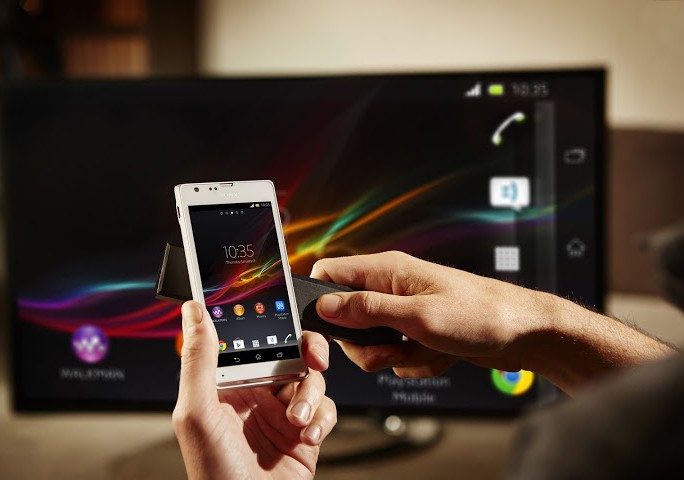Broadcasters Say Freeview TV Is More Valuable Than Mobile Data

Ofcom should not neglect digital terrestrial TV in favour of 4G, say broadcasters
Digital UK, which represents BBC, ITV, Channel 4 and Arqiva, says the drive to increase the amount of spectrum available for mobile data services should not come at the expense of Digital Terrestrial Television (DTT), claiming that television offers more value for money from the UK’s airwaves.
It claims that DTT generates £80 billion for the economy and says any future transfer of airwaves should not weaken Freeview and other terrestrial services and that viewers should not suffer disruption or be exposed to additional costs as the result of any changes.
700MHz musical chairs
 Ofcom has identified 25 times more spectrum for mobile broadband services as it seeks to ensure the country will be able to cope with an increased dependence on mobile devices and the growth of the Internet of Things.
Ofcom has identified 25 times more spectrum for mobile broadband services as it seeks to ensure the country will be able to cope with an increased dependence on mobile devices and the growth of the Internet of Things.
As part of this, the regulator is looking at refarming the 700MHz band currently used for DTT transmissions, but this would be controversial given that it would most likely require another digital switchover similar to the one carried out between 2008 and 2012.
Digital UK’s report claims DTT services such as Freeview offer better average value per MHz of bandwidth than mobile services, especially since 560MHz of spectrum is currently used for mobile compared to just 256 MHz for television.
It says the biggest driver of mobile broadband has been videos streaming, which offers significantly less value per MHz than voice, which is responsible for just five percent of capacity. The report adds that mobile might not even need that much spectrum given that the increased availability of Wi-Fi means only 18 percent of mobile traffic is carried on mobile networks.
Spectrum wars
 In total, it estimates that DTT is responsible for 15,000 jobs in broadcasting and independent production, encourages healthy competition between platforms and allows users to watch television without a subscription.
In total, it estimates that DTT is responsible for 15,000 jobs in broadcasting and independent production, encourages healthy competition between platforms and allows users to watch television without a subscription.
“This report sheds new light on the value of DTT for viewers, the UK television sector and wider economy,” says Jonathan Thompson, Chief Executive of Digital UK. “With increasing demand for spectrum it is critical that DTT remains a strong proposition with the same coverage and range of channels viewers enjoy today.”
In a joint letter that accompanies the report, Tony Hall, BBC Director General, Adam Crozier, CEO of ITV, David Abraham, Channel 4 CEO and John Cresswell, CEO of Arqiva all state their belief that DTT must not be marginalised if the UK is to remain a leader in the world television industry.
The BBC is part of an advisory group recently formed by the European Commission to establish proposals for the future use and regulation of 470-790 MHz for TV and wireless broadband as part of European Commissioner for the Digital Agenda Neelie Kroes plan for a single European telecoms market.
Are you up to speed on 4G? Try our quiz!